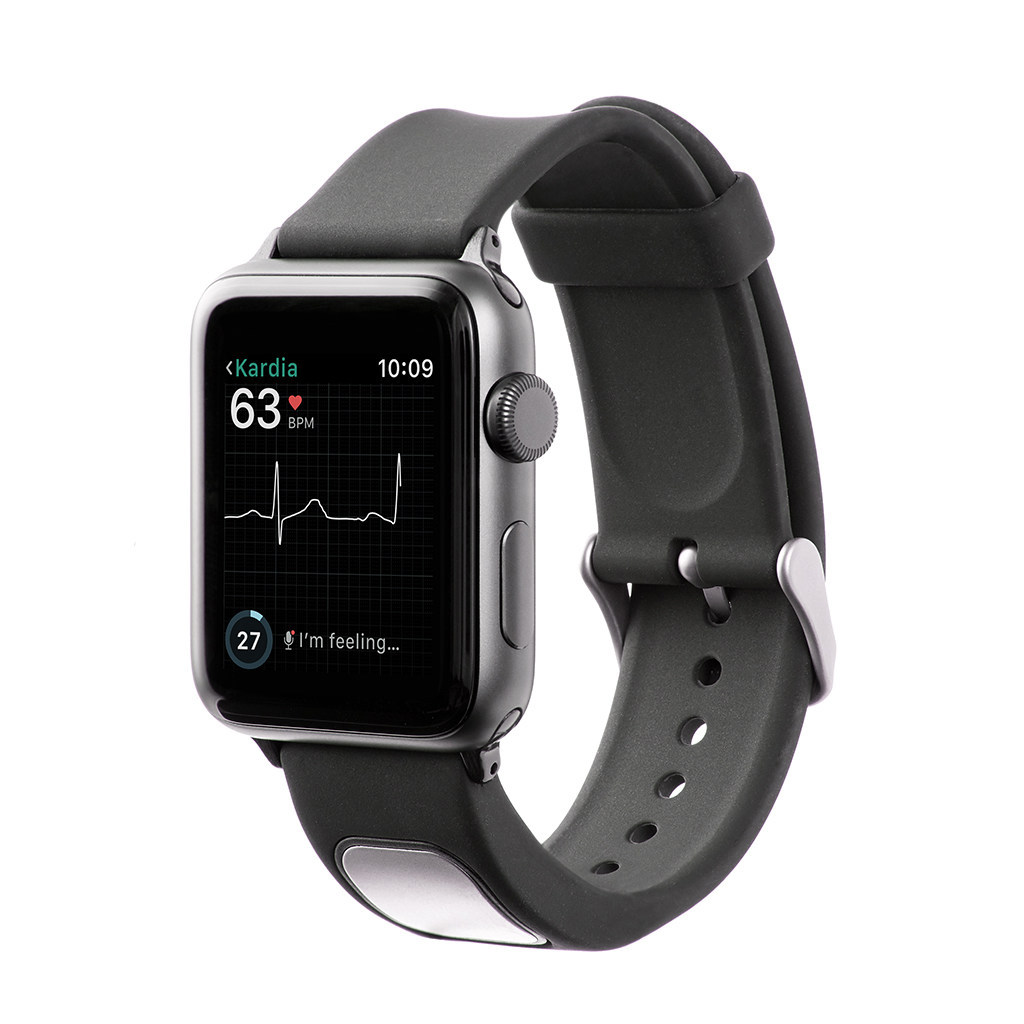Older men with a high body mass index (BMI) should be screened for two blood biomarkers in order to assess their risk of atrial fibrillation, according to a new study published in the European Heart Journal. The researchers from the University of Birmingham who conducted the research believe that these clinical risks, in combination with biomarker screening, could more effectively diagnose those with the heart condition.
“People with atrial fibrillation are much more likely to develop blood clots and suffer from strokes,” said Dr. Winnie Chua, co-first author on the study. “To avoid strokes it is important for them to take anticoagulant drugs to prevent blood clotting. However, atrial fibrillation is often only diagnosed after a patient has suffered a stroke. Therefore, it is important that patients at risk are screened so that they can begin taking anticoagulants to prevent potentially life-threatening complications.”
Approximately 1.6 million individuals in the UK are affected by atrial fibrillation, a condition associated with heart rhythm irregularities and an increased risk of stroke. While some patients may notice changes in their heart’s beating pattern – such as skipped beats – others may be completely asymptomatic.
While physicians already have the tools necessary to screen for a diagnose atrial fibrillation, this test may not be ordered unless a patient experiences heart palpitations.
“An electrocardiogram (ECG), a test which measures the electrical activity of your heart to show whether or not it is working normally, is usually used to screen patients for atrial fibrillation,” said Yanish Purmah, the other joint first author on the study. “ECG screening is resource-intensive and burdensome for patients therefore it is important that the right patients are selected for this type of screening.”
This is where brain natriuretic peptide (BNP) and fibroblast growth factor-23 (FGF-23), the two biomarkers identified by the University of Birmingham researchers, come into play.
“The biomarkers we have identified have the potential to be used in a blood test in community settings such as in GP practices to simplify patient selection for ECG screening,” said Purmah.
In all, the research team studied nearly 640 patients admitted to hospital and screened them for 40 common cardiovascular biomarkers. Using new machine learning techniques, the researchers identified BNP and FGF-23 as clinically-relevant biomarkers for atrial fibrillation.
Senior author Dr Larissa Fabritz said: “The research outcomes were surprising. While BNP is already a known and widely used in clinical practice biomarker, the results around the effectiveness of the FGF-23 biomarker was an unexpected and new finding. FGF-23 is only currently used in a research based environment, but we have shown how its use could be invaluable in a clinical setting.”
The study was one of the first of its kind to analyze a large number of blood-based biomarkers for atrial fibrillation.
“We hope that, as the result of our findings, more people with what can often be a silent disease are diagnosed so that any complications can be prevented,” said Professor Paulus Kirchhof, Director of the University of Birmingham’s Institute of Cardiovascular Sciences.
The researchers plan to continue their study of these clinical risks and biomarkers by following up with patients who participated in the study. Their hope is that both measures can be combined in the future to help identify and treat patients with undiagnosed atrial fibrillation.
“Atrial fibrillation increases the risk of stroke, a serious condition that causes over 36,000 deaths in the UK each year, but is often detected too late,” said Professor Metin Avkiran, Associate Medical Director at the British Heart Foundation (BHF). “This research has used sophisticated statistical and machine learning methods to analyse patient data and provides encouraging evidence that a combination of easy-to-measure indices may be used to predict atrial fibrillation. The study may pave the way towards better detection of people with AF and their targeted treatment with blood-thinning medicines for the prevention of stroke and its devastating consequences.”












Join or login to leave a comment
JOIN LOGIN